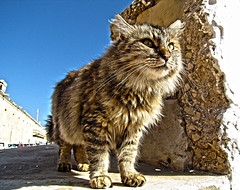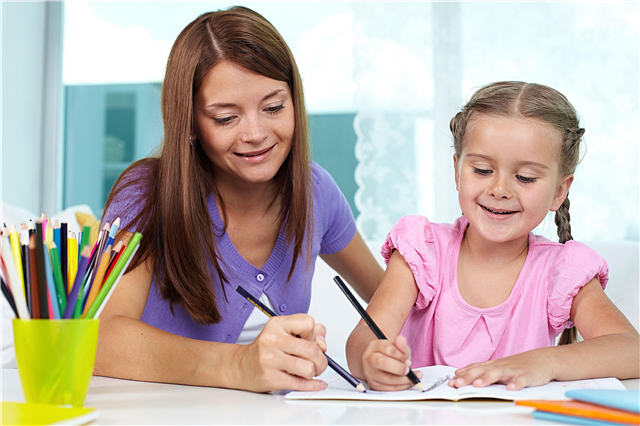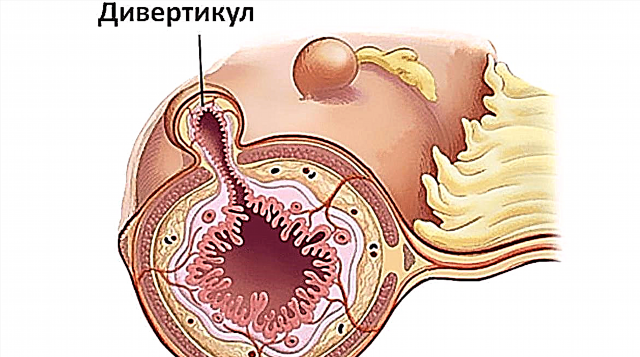In the first years of life, it happens that children refuse to do something, seemingly for no apparent reason. Fears are often hidden under the external capriciousness and harmfulness. When a child is afraid of a pot, toilet training becomes a problem, i.e. it is the potty training that becomes the problem ...

Potty Fear: Causes of Fear
- Often a baby is potty trained when, for physiological reasons, he is not yet ready for it. The emergence of new abilities, including the retention of feces and urine, in all children depends on the maturation of certain centers in the brain. The areas of the brain responsible for defecation and urination take effect from 1.5-2.5 years of age, so it is absolutely useless to require a one-year-old child to use the potty. You can catch it, use the pot as a toy, preparing the baby for a new skill, but in no case teach it. Untimely, intrusive training can lead to a negative perception of this subject by the baby, which is aggravated by fears and a complete refusal to go to the potty in the future.
- The child is afraid of the pot, because it is a new object for him. This happens if the parents did not buy the pot in advance, the kid did not have time to get used to the new “friend”. And now they are trying to put him on this cold, slippery and rather scary object.
- In kindergarten, there are cases when teachers do not adequately respond to the fact that the child did not have time or forgot to get to the toilet. Emotional exclamations about the trouble that befell the child in front of other children can instill in the baby's soul fear not only of the pot itself, but also of the acts of defecation and urination. When placing a child in kindergarten, parents are obliged to see what kind of toilet is there: are the pots (toilets) comfortable, if there is toilet paper, if the child can retire. The absence of these conditions almost always leads to the fact that children restrain the urge to defecate before coming home, which leads to constipation.
- The next reason that the child is afraid of the pot directly follows from the previous one. When a child develops physiological constipation, babies feel pain during bowel movements due to the fact that the feces become dense and injure the rectal mucosa. Unpleasant sensations while using the pot lead to the fact that the baby will associate this object only with pain, and the child will become afraid to poop in the pot. Such constipation is already psychological.
- Parents who try to plant a child by the clock, deprive children of independence and are stingy with praise, may be faced with the fact that the baby will begin to be afraid to sit on the potty. When a toddler is punished for untidiness, shame, his level of anxiety and fear increases. The fear of not justifying the hopes of parents with whom the child has weak emotional contact accumulates inside, finding no way out. If the child is afraid of the pot, this may be due to excessive demands on him and insufficient support.
- The source of fears in children can be their own fantasies, which often do not pass by the pot. It may seem to the child that someone lives in the toilet and will grab his butt, or when the water is drained, he will be pulled into the pipe. Similar illusions in children can be associated with a regular baby pot. It is necessary to confidentially talk with the baby and find out what exactly he is afraid of.
- The reason that the child is afraid to sit on the potty can be so commonplace that many parents do not even suspect how poorly they understand their baby. There are shy, over-age shy children who at the age of 3 may refuse to go to the toilet in the presence of strangers or parents of the opposite sex. In this case, it is enough to create comfortable, secluded conditions for the child and the problem will be solved.
So, when you try to put a child on the potty, and he cries, yells, runs away, hides, then in such a situation it is useless to get the child to do his "business" in the potty. But there are some tips on how to help your toddler overcome his potty fear.
- Leave the child alone, wait until the situation is forgotten, and the baby stops being afraid of the pot. This is very important, without this item everything else will not work! You should stop chasing the overweight potty toddler. After all, it is the fixation on this problem in the family that worsens the child's fear of the pot;
- You can buy a new pot for your child (let the child choose it for himself). It is very important for the baby to feel this kind of power over the situation;
- Place the purchase in the room where the child is most often located, but do not insist that the child immediately use it for its intended purpose. Otherwise, you can provoke that the child will start to be afraid of the pot again. Let the baby get used to it, he will regulate the distance himself. This will relieve the pressure on your part, that is, you will not run after the little one with this question;
- You can study it, get to know it, see what it is made of, touch it, turn it over, etc. This will remove part of the fear of the unknown, that is, the incomprehensible pot;
- You need to play this situation in games. Let the child put dolls, toys, etc. on the pot. As a result of such games, the child will gradually perceive it as something ordinary, ordinary. And what is most important here: the game brings positive emotions, playing the "potty" situation - positive emotions in relation to the pot;
- Instead of insisting, "Anya, let's go to the potty!" here is the same;
- Stick eyes and a smile on the pot. So an unfamiliar impersonal object will turn into a friend of the baby;
- This technique works very well: invent, tell and play fairy tales on a potting theme with the baby. The message of a fairy tale can be like this: the pot is very sad just to stand idle, lonely, etc. he cries a lot when they don't pee or poop into it.
Psychotherapy

Usually by the age of 2, children already love it when they read books. Fairy tale therapy is an excellent method in treating fears in children. If the child becomes afraid of the pot for some reason, the tale can help to identify it and then neutralize it. By listening to stories, children associate themselves with the main characters. Most often, babies unconsciously like fairy tales, the plot of which reflects their own problem or fear. Therefore, when coming up with a therapeutic fairy tale for a child who is afraid to poop and write in a pot, it is necessary:
- Draw an analogy between the actions in the fairy tale and the problems of the baby;
- The fairy tale character must be the same age as the child;
- The fairy tale should have a solution to the problem with a favorable outcome. Drawing parallels between fears in a child's life and in history, one must downplay the importance of what the child is afraid of;
- The tale should be in a language understandable to the child;
- Tell a story when the kid is positive.
We read further:
- How to properly teach a child to go to the potty: methods of 3 and 7 days
- 10 mistakes in potty training
- How to choose a pot
"Easy Potty Training Formula"
Does this sound familiar to you? -Your child screams, arches his back and categorically refuses to sit on the potty ... You are tired of constantly wiping the puddles on the floor! You don't know how to help your child learn to “toilet business”? Tired of wasting tons of money on tons of diapers !!
We look

 "Easy Potty Training Formula"
"Easy Potty Training Formula"

